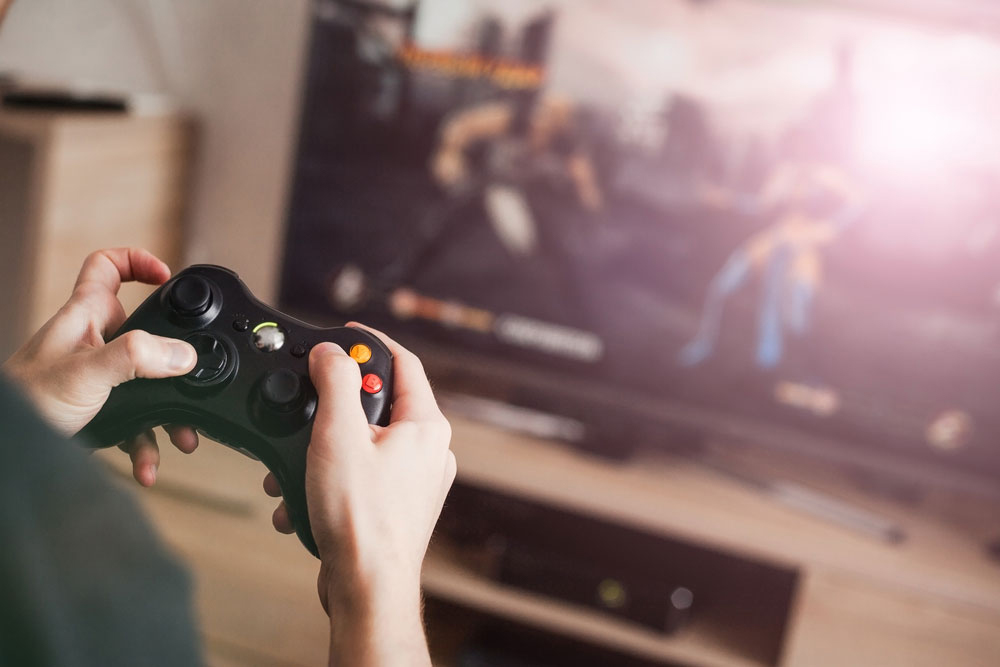Video games are a favorite hobby for millions of Americans, offering entertainment and escapism. However, while gaming can have positive aspects, it also poses potential risks, particularly for mental health. While the gamer demographic is diverse, encompassing all races, ages and genders, recent research suggests 35% are in the 18-to-34 age group and 53% are men. If gaming is a beloved pastime, you should know how it may adversely affect you.
1. Increased Anger
Many video games involve themes of conflict. While it’s an oversimplification to blame video games for all aggressive behavior, titles that glamorize violence may amplify aggression in young men who are already prone to it. However, susceptibility to these effects also varies widely based on environmental factors.
2. Unhealthy Habits
Gaming can be incredibly engaging, keeping players captivated for hours. People may lose track of time while caught in the flow of a game, skipping meals and neglecting to sleep. The resulting nutritional and sleep deprivation can exacerbate or contribute to the development of mental health issues such as mood swings, cognitive impairments and increased stress levels.
3. Escapism
While escaping into a video game can provide temporary relief from real-world problems, it becomes problematic when you consistently use gaming to avoid unwanted emotions or difficult conversations. Over time, this can lead to an unhealthy dependence on video gaming for emotional relief, diminishing your ability to cope with real-life challenges and potentially leading to behavioral addiction.
4. Depression
There is a notable correlation between excessive gaming and depression. This relationship is particularly concerning when gaming replaces real-life interactions, leading to isolation. Moreover, excessive gameplay can contribute to feelings of emptiness and dissatisfaction, exacerbating or leading to depressive states.
5. Social Anxiety
The relationship between excessive gaming and social anxiety is complex and bidirectional. For some young men, video games may initially offer a safe way to interact with others without the stress of face-to-face communications, which can be appealing. However, over time, the lack of real-world social interactions can worsen your social anxiety, making it more difficult to engage with others.
Addressing the Issue at PACE Recovery
At PACE Recovery, we understand the unique challenges faced by young men who struggle with their mental health.
- Therapeutic interventions: Behavioral therapy can help you understand and modify negative habits.
- Developing healthy coping mechanisms: Engaging in non-gaming activities promotes your physical health, social interaction and life skills development.
- Restoring balance: We help our clients find a healthier balance between online and offline, ensuring gaming does not interfere with sleep, nutrition, responsibilities and relationships.
While video games are not inherently harmful and can be a healthy part of life when used in moderation, it is crucial to recognize and address the negative impacts excessive gaming can have on your mental health. Contact us today to learn how we can help you turn things around.



